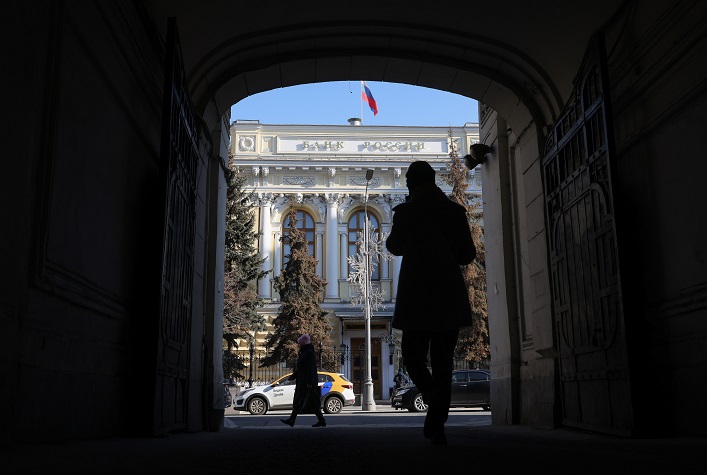EU countries are discussing options for extending the period between reviews of the sanctions on the Russian central bank’s assets to ensure the operation of the G7 plan to provide Ukraine with a $50B loan through the profits from these frozen assets.
The largest part of Russia’s frozen assets, worth about $300B, is being held in EU financial institutions. According to EU rules, sanctions against Russia are extended every six months, but this decision needs unanimous approval by all EU countries each time. Failure to approve the extension could jeopardize the plan to provide Ukraine with a $50B loan, in which case the G7 countries would have to repay it.
Therefore, diplomats are discussing options for solving this problem. One of them would be the indefinite extension of the regime of sanctions against the assets of the central bank of the Russian Federation, which would be reviewed by the Council of the EU at regular intervals (for example, after a year) based on clearly defined criteria (end of aggressive war, payment of compensation by the Russian Federation, etc.). Another option is to extend the period of between reviews of sanctions against the Russian Federation to three years.
